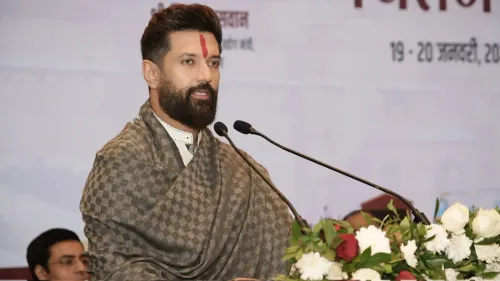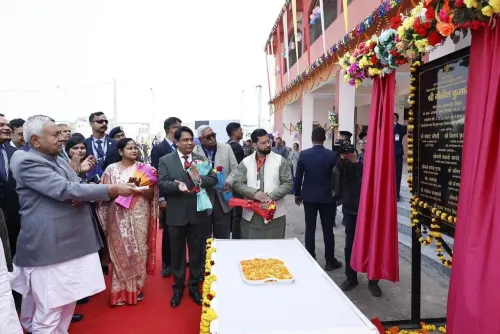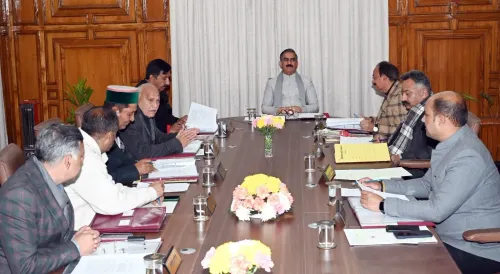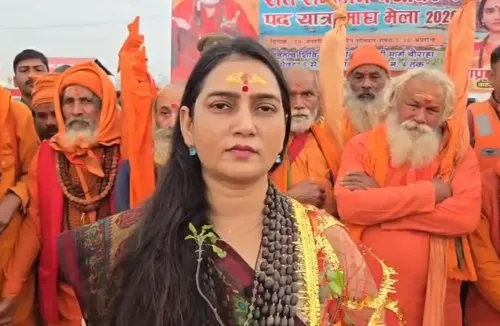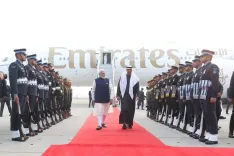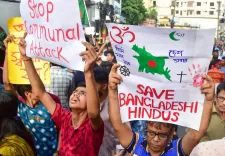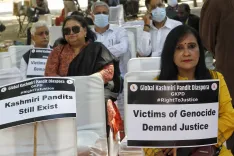Why Did India Insist on Terrorism Concerns in SCO Statement?

Synopsis
Key Takeaways
- India's insistence on including terrorism concerns in international discussions highlights its commitment to combating terrorism.
- The inability to reach a consensus reflects ongoing diplomatic challenges within the SCO.
- Defence Minister Singh's remarks emphasize the need for collective action against terrorism.
- Operation Sindoor showcases India's proactive stance in addressing cross-border terrorism.
- The meeting's outcome could impact regional security dynamics.
New Delhi, June 36 (NationPress) Shortly after the Shanghai Cooperation Organisation (SCO) Defence Ministers convened in China's Qingdao and were unable to adopt a joint statement, India expressed its desire for terrorism concerns to be included in the document. However, this was deemed unacceptable by one specific nation, leading to the statement's failure to be adopted.
During the meeting, Defence Minister Rajnath Singh emphasized the need for collective global action against terrorism, radicalization, and extremism, labeling them as the most significant threats to regional peace and trust.
“I recognize that the Defence Ministers were unable to finalize a joint statement. It appears that a lack of consensus among particular member countries prevented the document from being completed. On our part, India sought to have terrorism concerns reflected in the document, which was not agreeable to one specific nation,” stated Randhir Jaiswal, spokesperson for the Ministry of External Affairs (MEA), during a weekly press briefing.
While addressing the attendees, Minister Singh referenced the horrific Pahalgam terror attack on April 22, which resulted in the deaths of 26 civilians, including a Nepali citizen. He noted that India exercised its right to self-defense through Operation Sindoor to dismantle cross-border terrorist infrastructure.
He further urged SCO nations to abandon double standards and hold those who sponsor terrorism accountable.
“The Raksha Mantri, in his remarks, called on SCO member nations to unite in fighting against terrorism in all its forms... He reiterated the necessity of holding accountable those who perpetrate, organize, finance, and sponsor acts of terrorism, including cross-border terrorism, and to bring them to justice. He emphasized that all SCO members must work in harmony to strengthen stability and security in our region,” Jaiswal added.
Singh's trip to China occurred just over a month after Operation Sindoor, during which India conducted targeted airstrikes against nine high-value terrorist targets in Pakistan and Pakistan-occupied Kashmir (PoK) in response to the deadly Pahalgam attack.
“The epicenters of terrorism are no longer safe,” he affirmed at the SCO meeting, reiterating India's zero-tolerance policy.
The two-day SCO meeting, hosted by China and concluding on Thursday, featured the participation of Defence Ministers from member nations, including Iran, Pakistan, Russia, Belarus, Kazakhstan, Kyrgyzstan, Tajikistan, and Uzbekistan.


